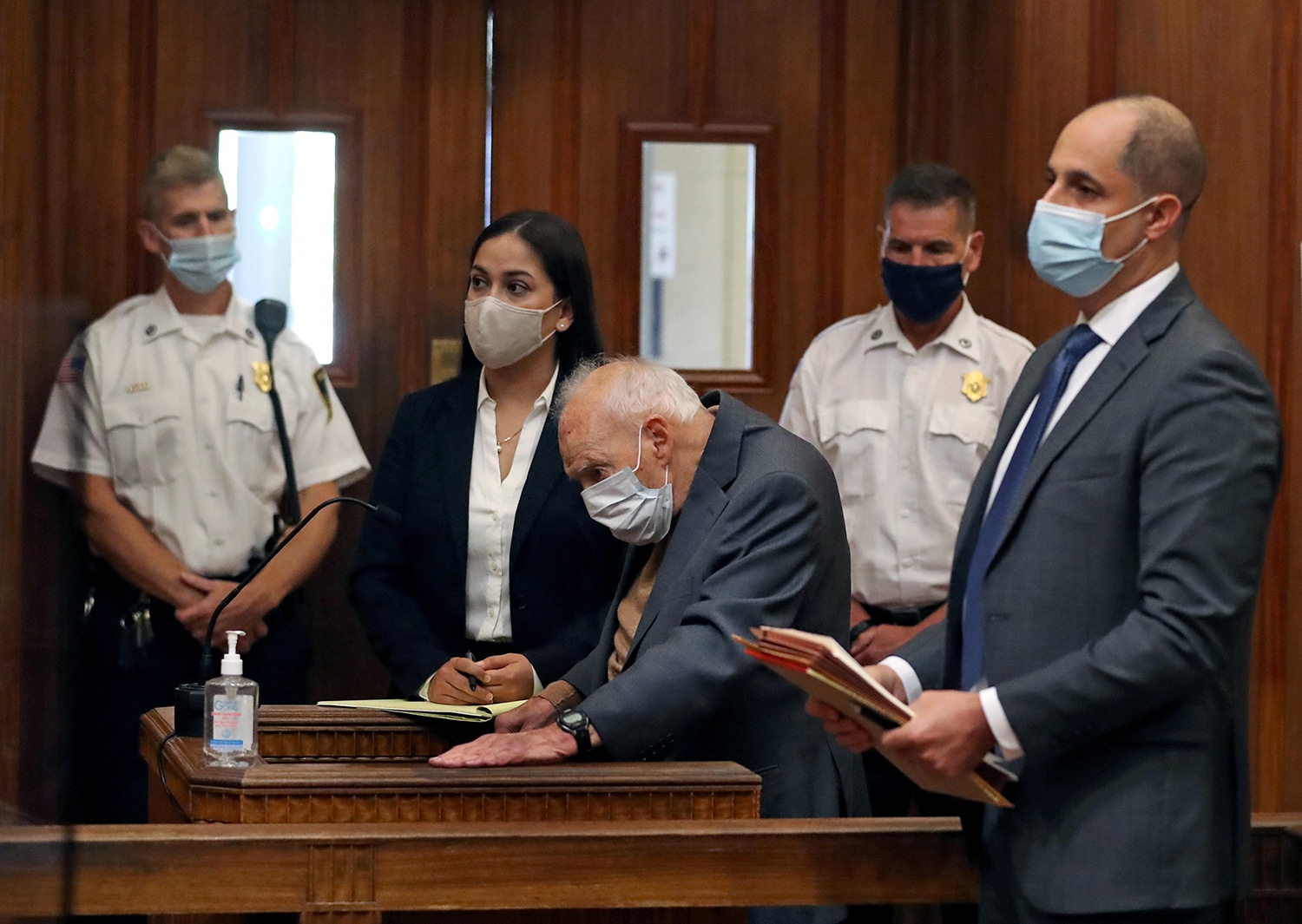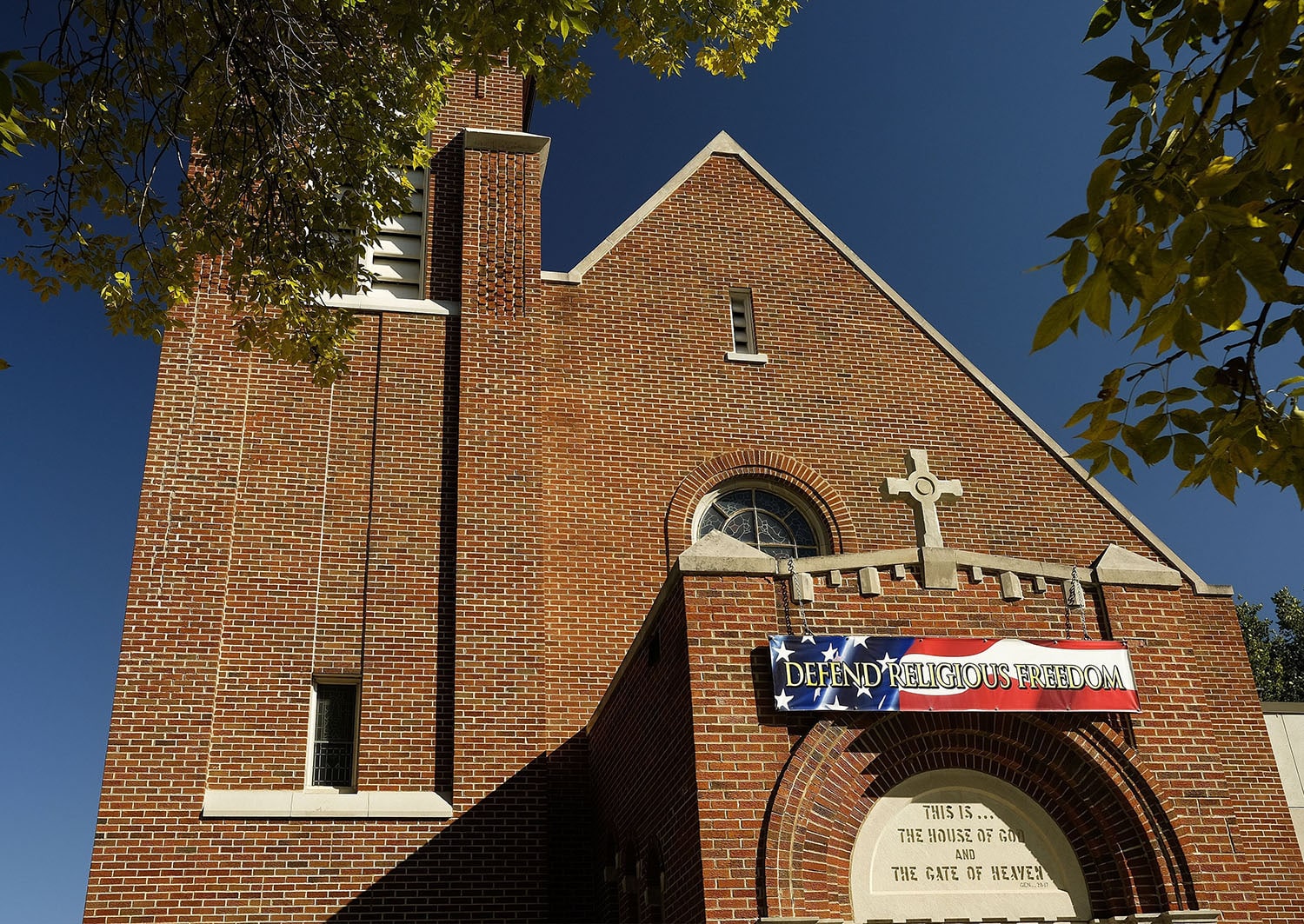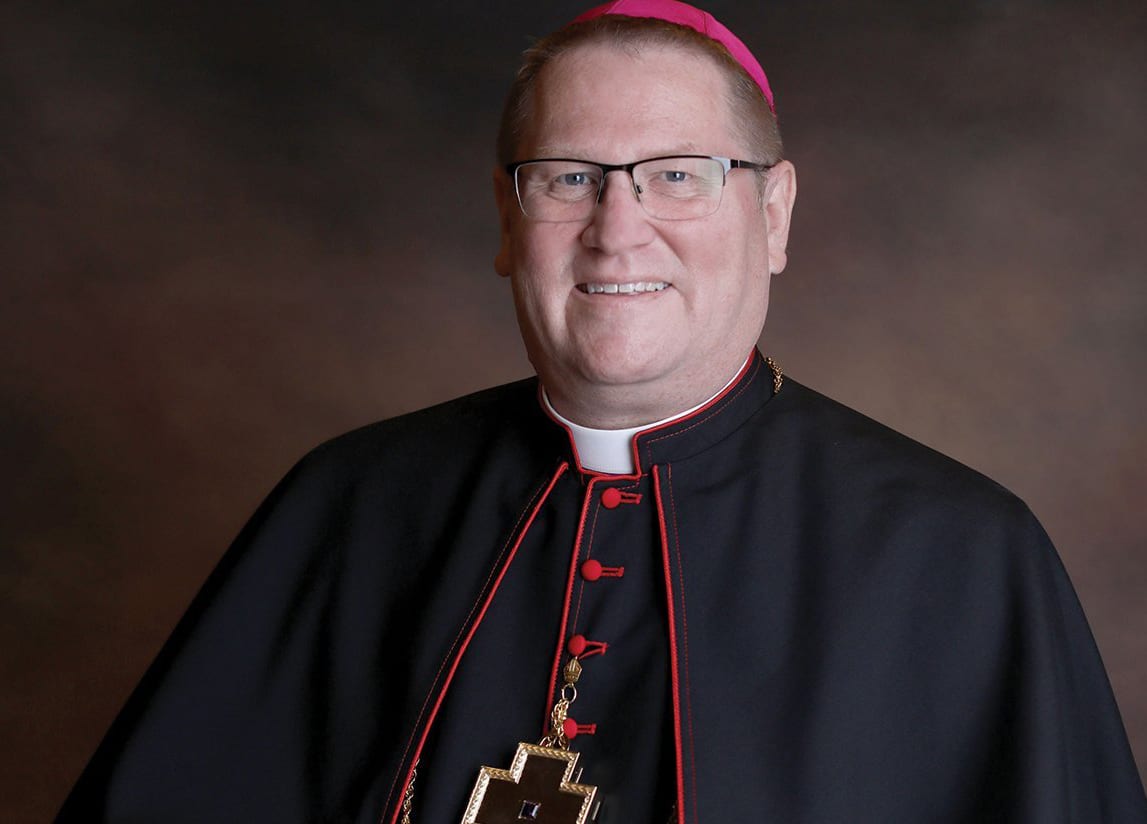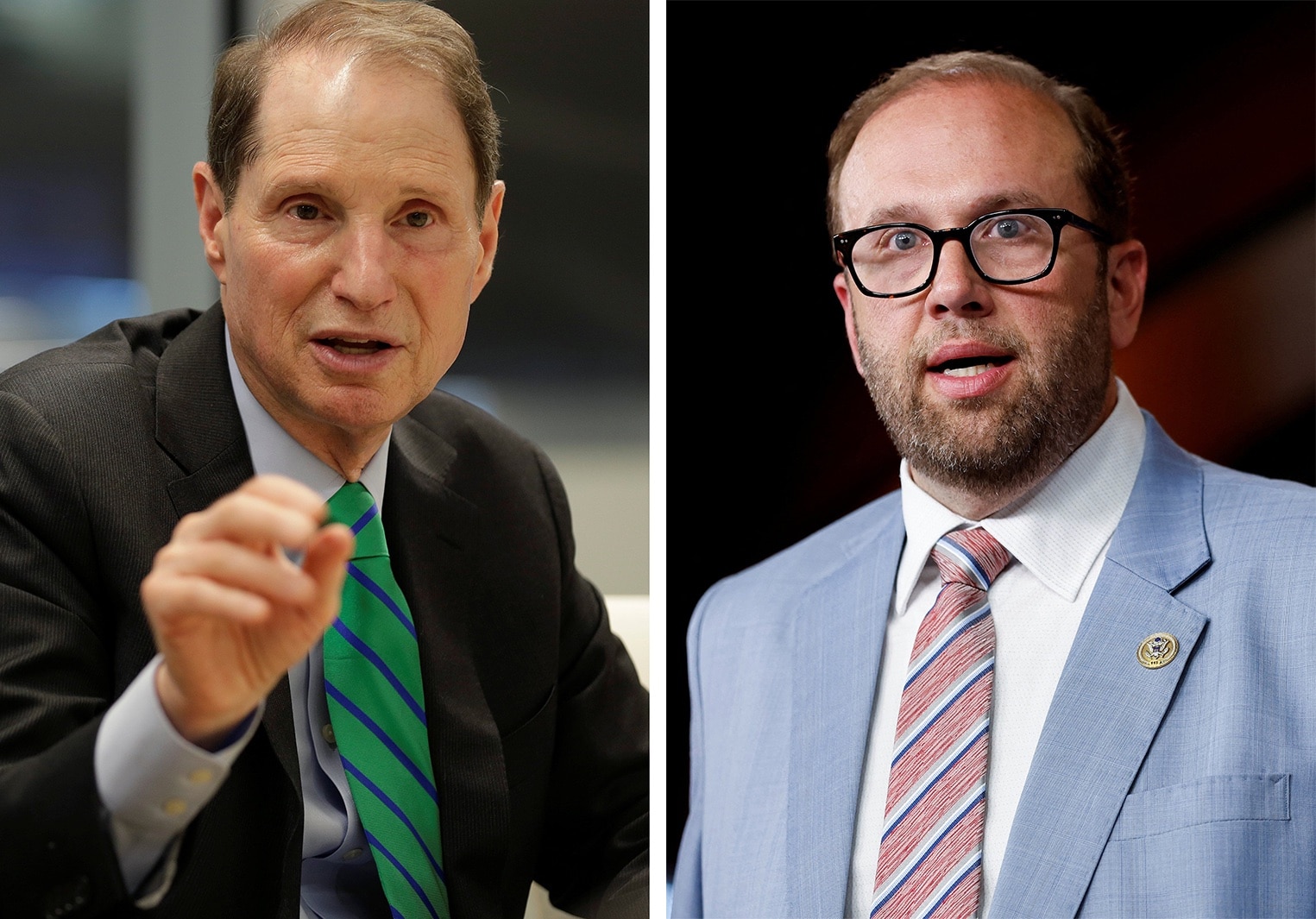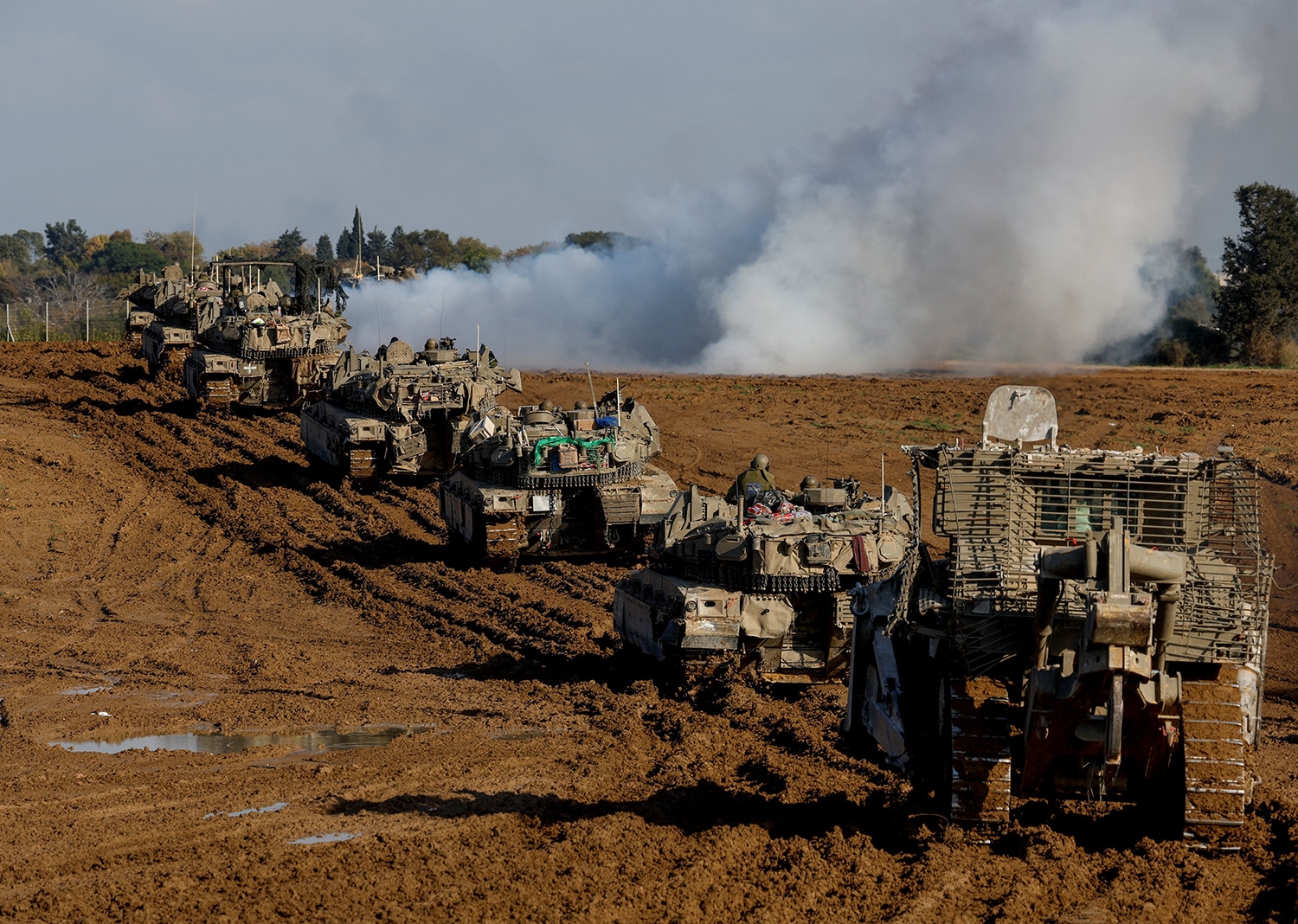(OSV News) — With a Wisconsin judge suspending his last remaining criminal trial for sexual abuse, former cardinal Theodore McCarrick has been granted a legal reprieve — but clergy abuse survivors told OSV News the decision is a kind of “re-sentencing” for them and many fellow victims.
Lawyers for McCarrick — one of the Catholic Church’s most powerful clerics prior to Pope Francis removing him from the priesthood in 2019 for decades of sexual abuse — had argued their client was not competent to stand trial on charges of fourth-degree sexual assault for abuse that allegedly took place in 1977.
The Jan. 10 order in Wisconsin follows a dismissal of all criminal charges against McCarrick in Massachusetts in August 2023, when the former cleric also was deemed no longer mentally competent.
“I expect that many victims of clergy abuse in general would again simply feel let down or that being the ‘lesser’ in status, feel that their pain is less important than anything else in such cases,” said Stephen de Weger, a researcher on clergy sexual misconduct who is on the faculty of Queensland University of Technology in Brisbane, Australia. “However, for the actual victims who have poured out their heart and soul in exposing the crimes against them, this would be very much a kick in the guts and further confirmation that somehow their experiences and pain matter little.”
“Any time abusive priests are in the news, survivors might experience a variety of reactions — from a triggering of PTSD (post-traumatic stress disorder) symptoms to a resurgence of feelings of anger and grief about their own abuse,” said Sara Larson, executive director of the independent nonprofit Awake Milwaukee, which works to raise awareness of and heal sexual abuse in both the Archdiocese of Milwaukee and the Catholic Church as a whole. “In this case, the declaration of McCarrick’s incompetence to stand trial is a painful reminder of the long delay in accountability for a man whose crimes were known for decades.”
The symbol of clerical sexual abuse in the U.S.
Peter Isley — a survivor of clerical abuse, founding member of SNAP (Survivors Network of Those Abused by Priests) and Ending Clergy Abuse, and program director of the latter’s Nate’s Mission initiative — told OSV News the announcement was a double blow.
“It was bad enough that the misdemeanor charge could not represent the full extent of the years-long felony abuse that the victim suffered, but it was the only charge that could be brought in Wisconsin under state law at the time. McCarrick could only be charged with what happened and could be proven while in Wisconsin,” he said.
Yet “it at least would have brought McCarrick — who has become the symbol of this issue in the U.S. (and) the Jeffrey Epstein of the Catholic Church — to some kind of justice,” said Isley, likening the cardinal to the now-deceased wealthy financier who was accused of abusing and trafficking girls to high-profile clients. “For a victim to see his offender — someone who as a child was a powerful direct representative of God and the church — brought into court and having to face a judge or jury can be a day of emancipation and liberation from carrying the awful burden of shame and secrecy that are an inevitable consequence of these crimes.”
Isley added that “the restoration of the law (and) the possibility of justice, no matter how imperfect or flawed, brings the survivor back into a community that places justice as its highest value.”
Clergy abuse survivors react
At the same time, de Weger — himself a survivor of clergy abuse — said survivors “in a way should have less expectations of the legal/justice systems,” adding that in this case, “the criminal justice system has simply done its (imperfect) job: If McCarrick is unfit to stand trial, then that’s it.”
In reality, de Weger said, “survivors can expect little more than the ‘logic’ of the law because there is little room in such logic for the emotions and actual pains to be responded to except through words, which for most victims mean very little now.”
He noted that “unfortunately, the church sides with the legal approach — not the pastoral, the common sense or the spiritual (and) Gospel one,” a move that “deeply upsets” victims.
In the wake of McCarrick’s Wisconsin trial suspension, the church can help abuse survivors “by responding to them as if the trial had gone ahead and they had found justice, compassion and adequate compensation — along with an acknowledgment that even though McCarrick has been medically ‘let off the hook’ that they as victims haven’t been,” said de Weger.
Supporting survivors
Larson recommended that “those who are in contact with abuse survivors should consider checking in on those who might be impacted and offering support.”
She said that “this is also a time for all Catholics to publicly recommit ourselves to working for the deep transformation that is still needed to change a culture of silence and looking the other way into a culture of truth and courage.”
Isley echoed that perspective, noting that “there is simply no way the church could have maintained this underground abuse system that involves thousands of priests and tens of thousands of victims without help, minimally turning the other way.”
“If church leaders had taken reports seriously when they first emerged, we would not be in this position today,” said Larson.
Isley said that “survivors cannot give up on justice,” while de Weger also stressed that “what is of most importance is that they seek and find healing for themselves and to get through and over victimhood so that it does not define their lives.”

